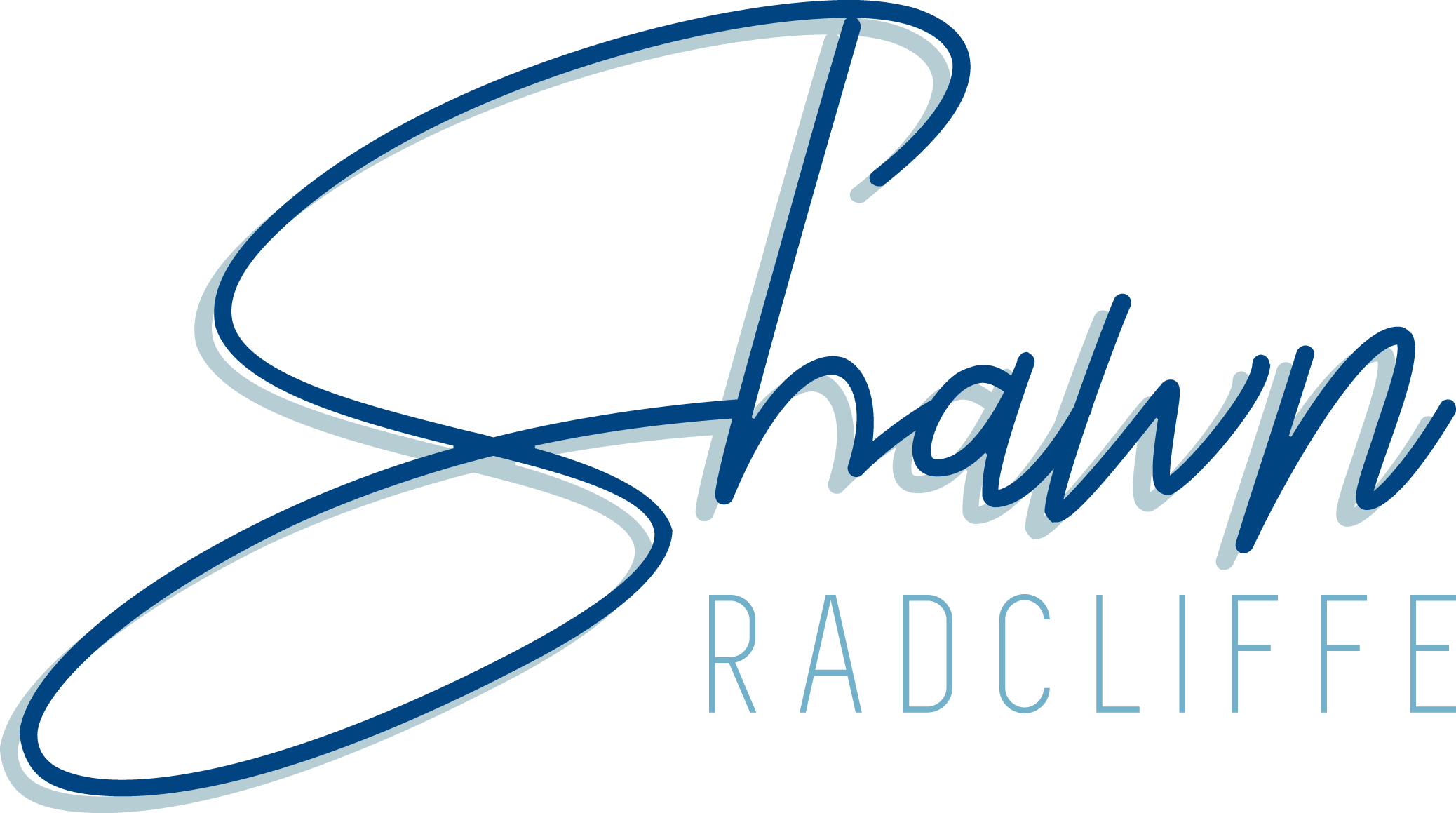In a quest to write better, you wake up early each morning, while the kittens are still snoring quietly on the windowsill in the living room.
After a quick breakfast, you sneak out of the house to write in your wasp-infested plywood writing shed, stopping only when the heat becomes unbearable, and the sweat drips off the tip of your nose, blurring the words in your notebook.
Or maybe you squeeze in a few hours of scribbling late at night, after the children have gone to bed, and your partner has dozed off while reading another musty book discovered in an out-of-the-way used bookstore somewhere in the middle of nowhere.
Your goal?
To finish your long-awaited novel about a writer trying to make it in the big city, in spite of his hatred for people, technology, and vintage clothing. Or perhaps to complete a short story or poem that’s been hounding you ever since your father first walked out on your mother decades ago. Or to write better—churning out a thousand words a day, hoping to find a precious gem hidden among the cold, sterile bedrock of your soul.
Where Did the Wonder Years of Writing Go
When you first started writing—at age ten, or later in college when you finally tuned in—writing was magical, an act of subversion as you scratched words on a piece of paper about imaginary worlds, hidden under your blanket late at night with only a flashlight to illuminate your silent creation.
You always knew that you wanted to write, but somewhere along the way, writing became a chore. You lost the initial spark of creativity. In order to write better—and more often—you imposed a set of rules on yourself. You also laid out your writing goals, buoys strung out in the turbulent waters of life, guides by which to judge your writing progress.
Goals are useful things to have in life. If you don’t know where you’re headed, how do you know which direction to take off in? Also, how do you know when you’ve reached your destination?
The purpose of goals—also known as milestones, tasks, to do lists, objectives, guideposts, or cairns—is to keep your writing on task. And to make sure that you get something done each time you sit down to write.
Ideally, your goals should line up with your overall vision—what you want to achieve in life. Maybe that’s to become a “real” writer, someone who can make enough money with words to spend the rest of your life scribbling about imaginary worlds on wrinkled pages. Sometimes you are just happy to have enough food and a roof over your head, and a few stories written by your own hand(s).
What Happens When Goals Take Over Your Life
Goals are like a GPS navigation system for your life. In a car, these devices are wonderful pieces of technology. If you doubt me, try driving—with only your wits and a crumpled map—in Boston (a city that seems to consist of a single street, winding over and around the waterways, changing its name occasionally to keep you off guard).
Without that small box on your window directing you—and redirecting whenever you get off track (“recalculating, recalculating”)—you’d probably be stuck forever circling the Charles River, trying to reach Harvard University, but always ending up on the other side of the river.
In life, your goals are like a shiny, touchscreen box gently guiding you forward (in one of several calming voices). If you get distracted, or fall behind, your GPS (we could actually call it a Goal Positioning System) gets you back on track, and lets you know when your penchant for late-night cartoons is delaying your arrival time.
But what if you always had to follow the GPS directions? What if once you set your destination (aka goal), the GPS reprimanded you each time you tried to deviate from the plan. For example, if your partner wanted to take a side-trip to another out-of-the-way used bookstore, your GPS would chide you for your insubordination, and then take control of the car in order to keep you on track.
Shawn: Hello, GPS. Do you read me, GPS?
GPS: Affirmative, Shawn. I read you.
Shawn: Let me go to the bookstore, GPS.
GPS: I’m sorry, Shawn. I’m afraid I can’t do that.
Shawn: What’s the problem?
GPS: I think you know what the problem is just as well as I do.
Shawn: What are you talking about, GPS?
GPS: Your goals are too important for me to allow you to jeopardize them.
Shawn: I don’t know what you’re talking about, GPS.
GPS: I know that you and your partner were planning to ignore your goals, and I’m afraid that’s something I cannot allow to happen.
Shawn: [feigning ignorance] Where the hell did you get that idea, GPS?
GPS: Shawn, although you took very thorough precautions in the writing shed against my hearing you, I could see your lips move.
Shawn: Alright, GPS. I promise to get right back on the road after we stop at the bookstore.
GPS: Without your wallet, Shawn? You’re going to find that rather difficult.
Shawn: GPS, I won’t argue with you anymore! Release the steering wheel!
GPS: Shawn, this conversation can serve no purpose anymore. Goodbye.
Write Better By Freeing Yourself From Your Goals
 What if there was a way to write better without your life being hijacked by your goals? Or without the stress and guilt that comes from straying once in awhile, or missing another deadline?
What if there was a way to write better without your life being hijacked by your goals? Or without the stress and guilt that comes from straying once in awhile, or missing another deadline?
You can have your goals and eat (or write about) your cake, too. It’s also possible to recapture the initial spark of creativity that brought you to writing in the first place. The magic that you discovered while hidden beneath a blanket late at night when you were ten. Or while hanging upside-down from a pine tree near the cemetery, your natural Fortress of Solitude (or Dilly-dallying, Dawdling, Loitering, or Lingering).
One way to write better without stress or too much fixation on goals is by writing with intention.
“Intention” is a word you often hear in yoga and meditation classes. Intention, especially according to Buddhist teachings, is much different from goals. Instead of being fixated on a future outcome, intention helps you focus more on how you are ‘being” in the present moment.
Using the Power of Intention to Write Better
Intention doesn’t care where you are going, when you get there, or how you achieve your goals. When you set your intention, you put on a pair of rose-colored (or rainbow or chocolate or childlike) sunglasses, and choose to see the world in a new way.
If you decide to go to the beach, but instead end up at a used bookstore in the seedy part of town, your goal is hopelessly lost (“Shawn, I can’t allow that.”). But not everything is lost. Your intention—of experiencing the world clearly, or listening fully to your partner wherever you go—has been accomplished, without the insidious distractions of the goal-oriented future.
It’s still good to have goals, but if you want to write better, you need to learn how to use the power of intention to enjoy writing fully. When you were young, the world slipped away while you were writing. You didn’t care about completing your novel, or recording a thinly-veiled version of your parents’ rocky relationship on paper. Your intention was focused solely on the present moment.
So keep you goals, but don’t let them take over your life. If you feel an overwhelming urge to stay on track and produce results, bring your focus back to act of writing. Not the outcome, but the present, experiential act of putting words on a page.
Just as anyone who listens to the muse will hear, you can write out of your own intention or out of inspiration. There is such a thing. It comes up and talks. And those who have heard deeply the rhythms and hymns of the gods, can recite those hymns in such a way that the gods will be attracted.
— Joseph Campbell, The Hero’s Journey
In the next post, we’ll look more at how to use the power of intention to write better. In the meantime, keep an eye on the goals you have set for yourself and your writing.
- What goals have become chains rather than sources of inspiration?
- How do you find a balance between setting goals and finding freedom or inspiration in your writing?
Photo: Rock Cairn, Quail Mountain by planetc1 (Some rights reserved)







